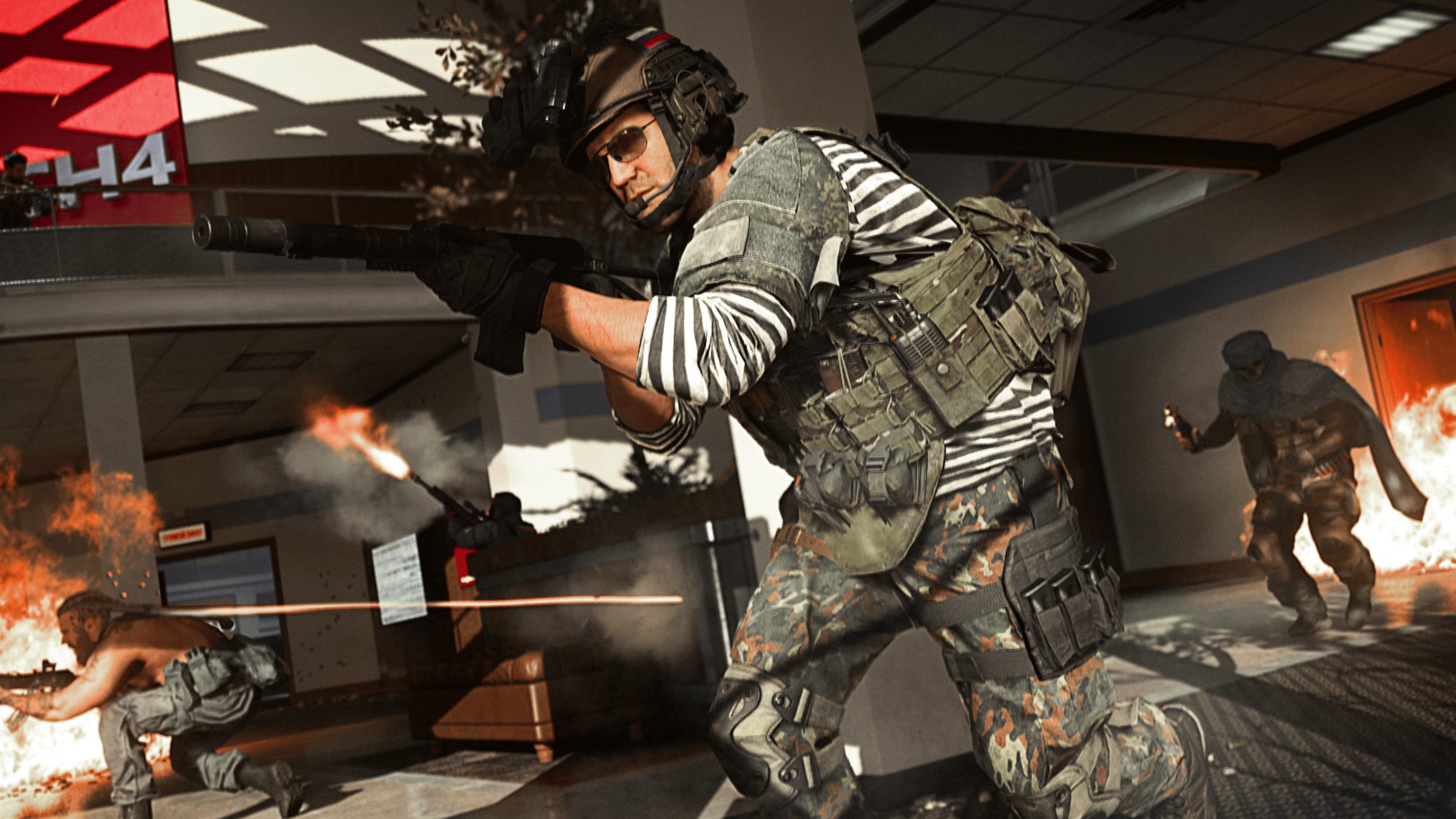Call of Duty: Warzone is not shifting to the Black Ops - Cold War engine
But it's complicated.

The news that Call of Duty: Warzone will begin integrating with Call of Duty: Black Ops - Cold War in December raised a fairly obvious question. Will Warzone still feel like Warzone, or will it shift over to the new Black Ops–Cold War paradigm?
This isn't as simple a question as it appears, because most modern Call of Duty games are built on a variant of the Infinity Ward engine. Modern Warfare and Warzone were built using IW 8.0, whereas Treyarch's Black Ops - Cold War was developed using what Activision imaginatively calls the Black Ops - Cold War engine. The latter is a custom engine originally based on IW 3.0 which has been developed alongside the Black Ops series (and incorporates elements of IW 8.0).
Point is that the differences between these pathways may appear slight, but the different software architectures underpinning the games leads to them feeling different in the hands. There's no need for concern about Warzone's style changing, however. In response to some user queries on Resetera about a possible engine shift, user Shuttermunster, verified as an Activision art lead, responded by saying: "There will not be an engine shift for WZ."
It probably seems head-slappingly obvious that Warzone wouldn't be rebuilt to this degree, so soon anyway, but now we know. So Warzone is still gonna feel like Warzone, with the only big question now being how smoothly the Black Ops - Cold War equipment will integrate with the experience.
- Warzone bunker codes: All combinations and locations
- Warzone stadium access code: Get the Enigma blueprint
- M4A1 Warzone loadout: Top all-purpose AR builds
Keep up to date with the most important stories and the best deals, as picked by the PC Gamer team.

Rich is a games journalist with 15 years' experience, beginning his career on Edge magazine before working for a wide range of outlets, including Ars Technica, Eurogamer, GamesRadar+, Gamespot, the Guardian, IGN, the New Statesman, Polygon, and Vice. He was the editor of Kotaku UK, the UK arm of Kotaku, for three years before joining PC Gamer. He is the author of a Brief History of Video Games, a full history of the medium, which the Midwest Book Review described as "[a] must-read for serious minded game historians and curious video game connoisseurs alike."

